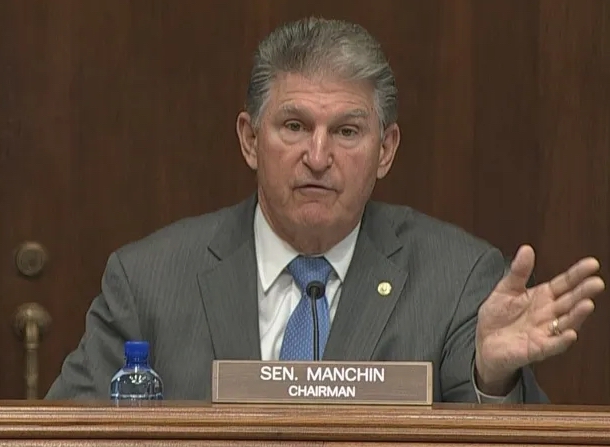Editors of the Washington Examiner praise an idea from Democratic Sen. Joe Manchin of West Virginia.
When the $80 billion President Barack Obama spent on infrastructure failed to stimulate the economy as fast as he had planned, Obama famously quipped that “shovel-ready was not as shovel-ready as we expected.”
The biggest reason infrastructure spending in this country rarely produces the results that planners are hoping for is the cumbersome permitting process that federal agencies must go through before anything can be built.
Passed in 1970, the National Environmental Policy Act empowers radical environmental activists to go to federal court to stop any infrastructure project that requires action by a federal agency.
Ostensibly, all NEPA does is require federal agencies involved with infrastructure projects to issue planning documents that show they have taken into account the environmental costs and benefits of each project. But in practice, environmental activists have turned NEPA into a weapon to shut down any federally funded project by constantly suing and claiming that the environmental impact report produced by the agency involved was deficient for whatever reason. Maybe the agency didn’t take into account how a dam affects the life of a certain type of fish, or maybe a power line doesn’t take into account bird migratory patterns.
These reviews rarely change the size or scope of the final project, but they do cause ridiculous delays. The average NEPA review of a federally funded project takes more than 4.5 years, and the average cost — just for the studies not the projects — is $4.2 million. One recent analysis of interstate highway construction spending found that spending per mile of construction has increased threefold since the 1960s.
Republicans have frequently introduced legislation to reform NEPA over the years — to cut down on permitting delays and make infrastructure far more efficient. Unfortunately, most of those ideas are not in the permitting reform amendment that Sen. Joe Manchin (D-WV) is trying to attach to the continuing resolution that must pass to keep the government open past Sep. 30.


